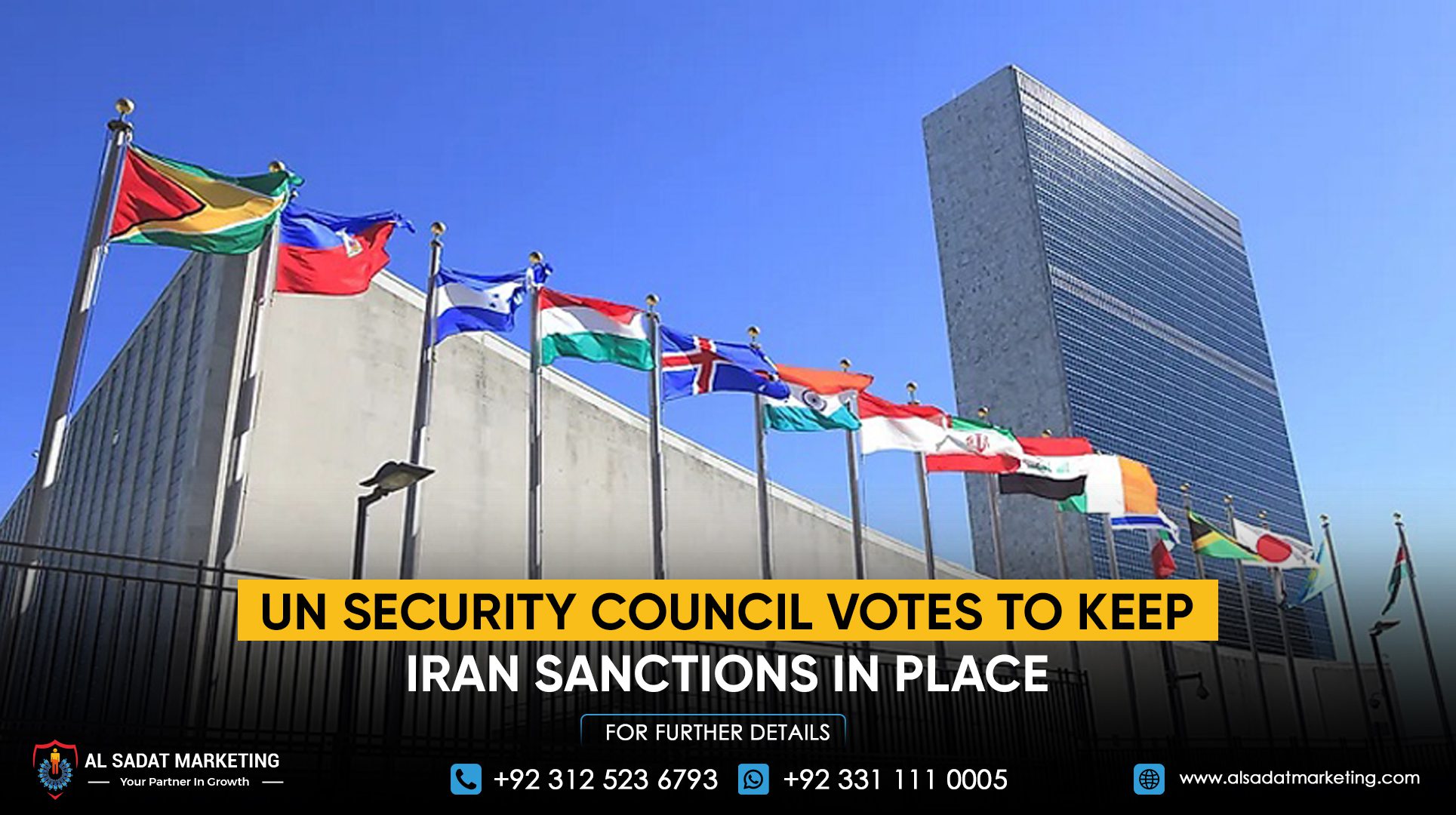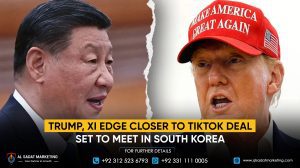The United Nations Security Council on Friday failed to adopt a draft resolution that sought to permanently lift sanctions on Iran, but diplomatic efforts are still underway with a short window of opportunity left for negotiations.
The 15-member Security Council was required to vote after Britain, France, and Germany triggered a 30-day process on August 28, accusing Tehran of not fulfilling its commitments under the 2015 nuclear agreement designed to prevent the country from developing nuclear weapons. Iran has repeatedly denied pursuing such weapons.
During the vote, Russia, China, Pakistan, and Algeria supported the draft resolution, while nine members voted against it and two abstained. The outcome leaves an eight-day period for further diplomacy as world leaders, including Iran’s President Masoud Pezeshkian, gather in New York for the annual United Nations General Assembly.
Iran’s UN Ambassador Amir Saeid Iravani described the decision as a blow to diplomacy. He said the vote showed there was no consensus in the Council, warning that the outcome could weaken diplomatic efforts and carry serious consequences for nuclear non-proliferation. Iran’s Foreign Minister Abbas Araqchi is expected to meet European officials in New York to discuss the matter further.
Meanwhile, Britain, France, and Germany have offered to delay the reinstatement of sanctions for up to six months if Iran allows UN nuclear inspectors access, addresses concerns about its uranium stockpiles, and agrees to engage in talks with the United States. However, diplomats have made it clear that without these conditions, a swift resolution remains out of reach.
Any decision to delay sanctions would require another Security Council resolution. If no agreement is reached by September 27, all UN sanctions on Iran will automatically return.
Pakistan also voiced its stance at the UN meeting, urging dialogue instead of confrontation. Pakistan’s Permanent Representative to the UN, Asim Iftikhar, said all matters regarding Iran’s nuclear program must be resolved peacefully. He stressed that the use of force would only worsen the situation and that diplomacy must be given time to succeed.
He added that as a close neighbor and friend of Iran, Pakistan opposes any step that could create further instability in a region already burdened with crises. He emphasized that diplomacy and threats cannot go together, urging the international community to prioritize a peaceful and negotiated solution.
This coming week is expected to bring intense negotiations, with the fate of Iran’s nuclear deal and the future of regional stability hanging in the balance.










